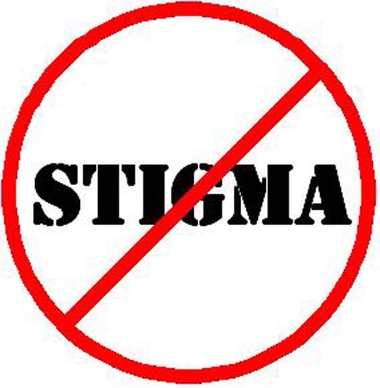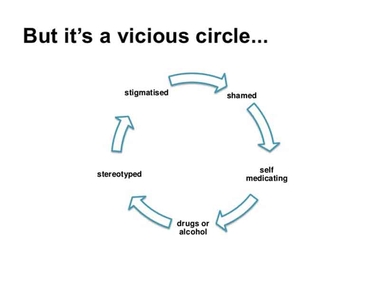Self-medicating the stigma away

by Mary Turner
HIV/AIDS Medical Columnist
As is true of any marginalized community, people with non-conforming sexual orientations and lifestyles face a myriad of issues related to their physical, emotional and psychological well-being.
Youth often have no good role models to help them find their way through sometimes confusing and conflicted feelings. Community members are too often intolerant and cruel to those in the LGBT+ community (or even to those they suspect might be).
Stereotypes reduce people to one-dimensional non-persons. The stigma of being gay, lesbian, bisexual or transgender, coupled with the very real dangers that many of these individuals face, often leads them to self-medicate with a variety of substances both legal and illicit.
There’s a very strong correlation between the use of alcohol and other psychogenic substances and a heightened risk for HIV infection.
Alcohol, although legal, is classified as a depressant. This means that it affects the regions of the brain responsible for decision-making and impairs a person’s ability to avoid risky behaviors such as having unprotected sex. Some substances such as opiates and methamphetamine are more commonly associated with the sharing of needles used to inject drugs.
Still other substances may offer very intense but short-lived highs that cause a person to rapidly deplete their financial resources. To get more drugs, the person may resort to exchanging sex for money or drugs in order to get to the desired high. Using or abusing such substances not only increases the risk of HIV infection, but also complicates possible treatments.

According to the Centers for Disease Control (CDC), people who regularly use and abuse alcohol and drugs may have other risk factors that make their treatment difficult. Getting or keeping a job may become more challenging. Without a steady source of income, or if the income is used to support a drug habit, the person may become homeless or housing unstable which also means he or she has a greater chance of becoming food unstable.
People who heavily use or abuse drugs also face social disdain and stigma. This stigma, combined with that of being LGBT+, can lock people into an ongoing cycle of emotional distress, dependence on drugs, risky choices and exclusion from mainstream society. This cycle can lead to less access to medical treatment and ultimately to a lowered ability to adhere to a treatment regime for those who do have access to care.
Obviously, abuse of alcohol and other drugs, risky sexual behaviors and poverty are not the sole domain of the LGBT+ community. Anyone, regardless of sexual orientation, can develop a cycle of behaviors that can jeopardize his or her health and safety.
AddictionsandRecovery.org is a website that provides comprehensive medically verified information for people who may be struggling with abuse and addiction. This can help the addicted person begin to help themselves. Help is also available for those who love someone struggling with abuse and addiction so that they can become a more effective support system.
In The Gayly region, Arkansas, Kansas, Missouri, Oklahoma and Texas all have a Department of Mental Health which can be found with a simple Google search. These organizations provide information and lists of recovery resources across their respective states.
Some people like to say that life is short. The reality is that it’s the longest thing you’ll ever do. Live well.
Copyright The Gayly – September 22, 2017 @ 7:20 a.m. CDT.





